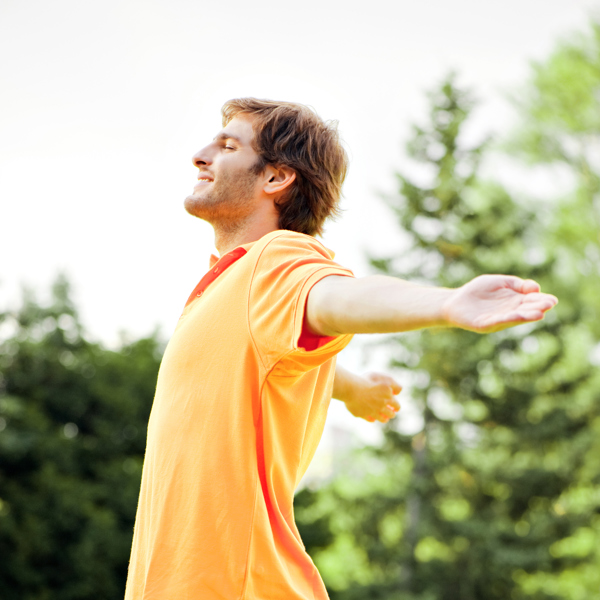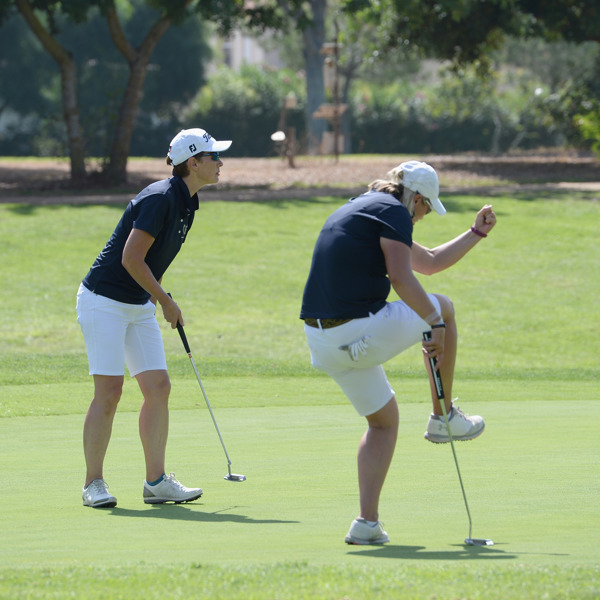Professor Graeme Close explains on The Golf Science Podcast what we should all be eating and drinking during a round of golf to improve performance.
We hear a lot about this these days – what to eat and on what hole? I can tell you to eat a muesli bar or a banana on hole 4, a chicken wrap at the turn and then another muesli bar or banana on the 14th – then what happens if you can’t get a muesli bar or a banana? Then what do we eat?
We need to prepare for a round of golf. We want to get carbohydrates into you at 4 and 14 and we want to get some protein in there as well at the turn. So these are foods that are great carbohydrate foods on the course and this is a good protein option.
The other key word that I give is consistency, a golfer has got enough decisions to make on a course, you wouldn’t like to think how many decisions that you have to make in the course of a round, and the last thing that you want to be thinking is when do I eat and why?
So let’s just get a routine going. This is what you do and it becomes a no-brainer that your putter goes in your bag at the 4th, a banana comes out. You're not even thinking about it, it’s just a habit. At the turn your sandwich comes out and at the 14th your next bit of carb comes out - it’s not even a decision any more.
If you are a professional get your caddy to put dots on those holes so they know when to hand you them or, if you've not got a caddy, put a little mark on the scorecard. You’re reminding yourself to actually have that food and then we’re not in that situation where you’re putting your glove away on 18 and you have a lot of food in your bag.
We also want golfers to feed well pre round so you're having a good source of protein – I’m a big fan of omelettes and eggs in many ways and then a decent low GI (glycemic index) sustained release of carbohydrates like porridge and then we have the on-course strategy.
In terms of hydration, again, it is about getting people into the right habits. When the putter goes in the bag the water comes out. How many of us have got to the end of the round and looked in our golf bag and the water bottle that we bought in the shop is still in the bag? We want to get into the mentality of getting the water in your hand when you're walking to the tee.
And then when you finish we talk about the three Rs of recovery – replace, repair and rehydrate.
So replace; we want a good source of carbohydrates whether it is rice or potatoes, repair; we need some protein and some vegetables so that could be fish, I'm a big fan of salmon post-round. Salmon, vegetables and rice might be a nice recovery meal and then rehydrate.
Even with the best intentions on a particularly hot day the chances are that you will still be slightly dehydrated.
If you are fortunate enough to be able to weigh yourself – we talk about for every kilo in weight loss, we should replace it with one and half litres of fluid with electrolytes added. If you’re not able to weigh yourself, just be aware of monitoring your urine for the next few hours. It should be clear and odourless – if it’s dark and smelly then the chances are that you are dehydrated.
We're fortunate in professional golf that our sport follows the sun so the challenge is making sure that the players have access to taking good snacks onto the course. You’ll go into a player’s locker area and there will be a fridge with grab-and-go items like banana breads, muesli bars and wraps. My challenge is to make sure that there are options also available on other tours like the Challenge Tour. It's all well and good doing it in ideal situations but how do you help the emerging golfer and the next generation of golfers? That’s something that my team who work on the DP World Tour are really keen on trying to simplify these messages and make it available for everybody.
About Professor Graeme Close
Graeme is a Professor of Human Physiology at Liverpool John Moores University where he combines his academic research with nutrition and physiology consultancy to some of the worlds leading sporting organisations – he is the head of nutrition for the DP World Tour and European Ryder Cup team. Find more from Graeme online at www.youtube.com/@GolfScience








